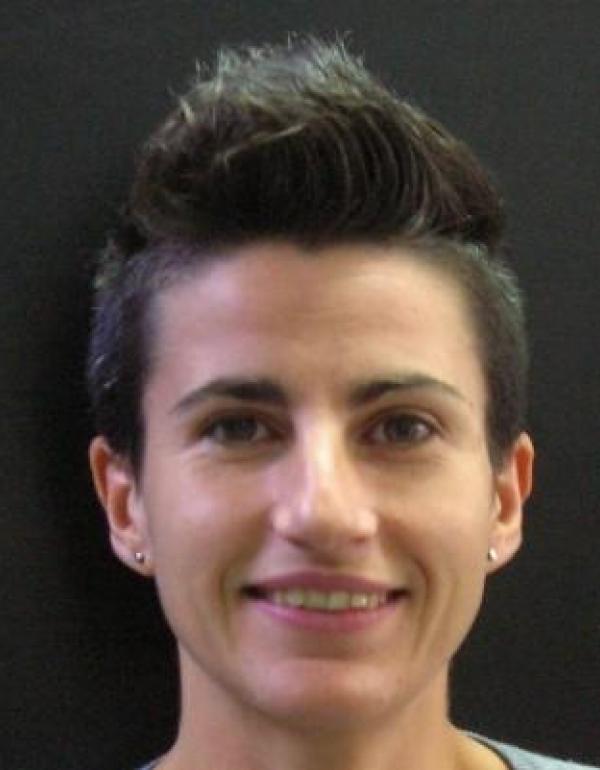
Elisa Moschini was born in Novara, Italy, in 1983. She got her BA and MSc in Environmental Sciences at Milano-Bicocca University (Summa cum laude). She has obtained her PhD in Environmental Sciences, in 2012, with a dissertation focused on the biological effects induced by metal-based nanomaterials on in vivo and in vitro systems.
EM spent four years as post-doc at the Polaris Research Centre (Milano-Bicocca University) and in 2016 she moved to the Luxembourg Institute of Science and Technology where she is actually working as R&T Associate in Respiratory Toxicology within the Environmental-Health group. In 2016 she was also involved within the “ENTER1205” Cost Action through a Short Term Scientific Mission.
Her research interests include: development of complex co-culture systems for respiratory toxicology (including respiratory sensitization); implementation of exposure systems for nanoparticle and chemical delivery to cells; uptake and molecular toxicity of environmental (nano)particles and chemicals on human cells and thereby on environmental health.
EM has mainly expertise in cell culture maintenance, biochemical assays, confocal microscopy and handling of co-cultures grown and exposed at Air Liquid Interface using commercial advanced exposure systems.
OpenTox 2022 Virtual Conference
In vitro-based NAMs innovation
NGRA aims to move forward from in vivo-based approach for the evaluation of chemical risk. To do that, alternative methods based on in chemico, in silico and in vitro tests need to be validated as part of an integrated strategy to achieve that aim. This session wants to offer a diagonal overview on the different aspects involved in the final acceptance of in vitro methods as valuable and reliable alternatives of the standard approach. Which is the process finally driving to acceptance? Which are the obstacles slowing down the process? What could we do form scientific point of view to help the transition? Dr. S.H. Doak (Swansea University) and Dr. A. Kampfer (IUF) will try to give their interpretation through the PATROLS experience.
Then, two representative and promising case studies will be described to highlight some recent advancements in the development of in vitro alternative methods direct to drive this transition. The first one, presented by Dr. P. Lundquist (Uppsala University), aims to offer a predictive tool for human oral exposure assessment. The second one, presented by Dr. A. Muriana (Biobide) would offer a method for the assessment of reproductive toxicology in the frame of the ICH S5 (R3) guideline.
